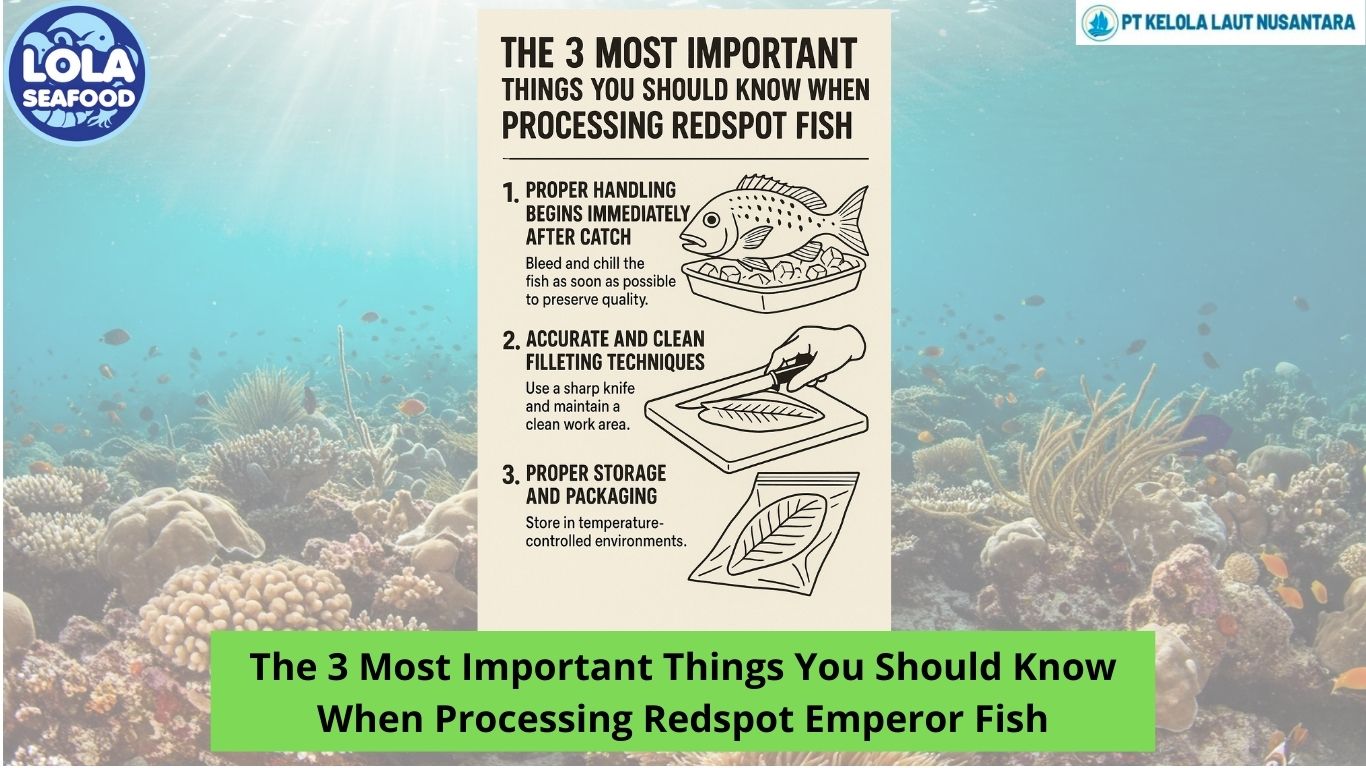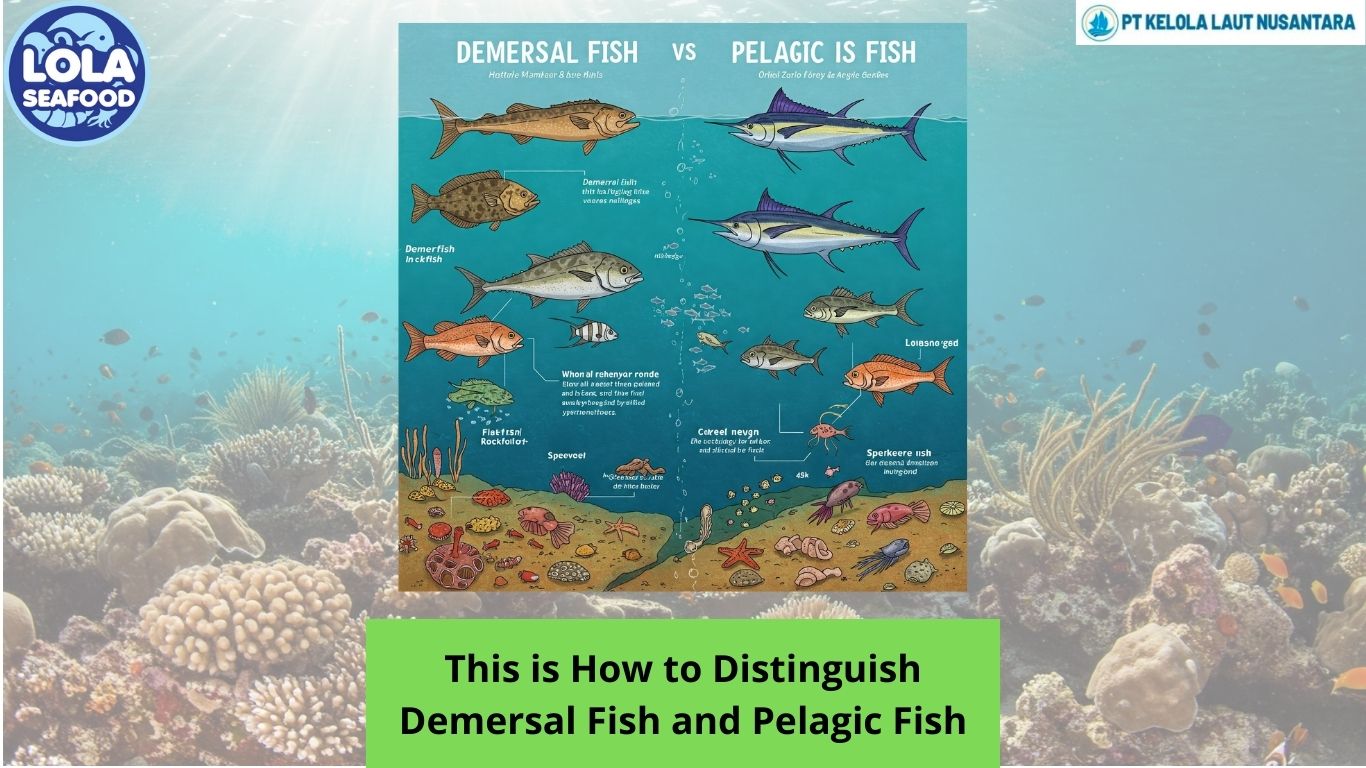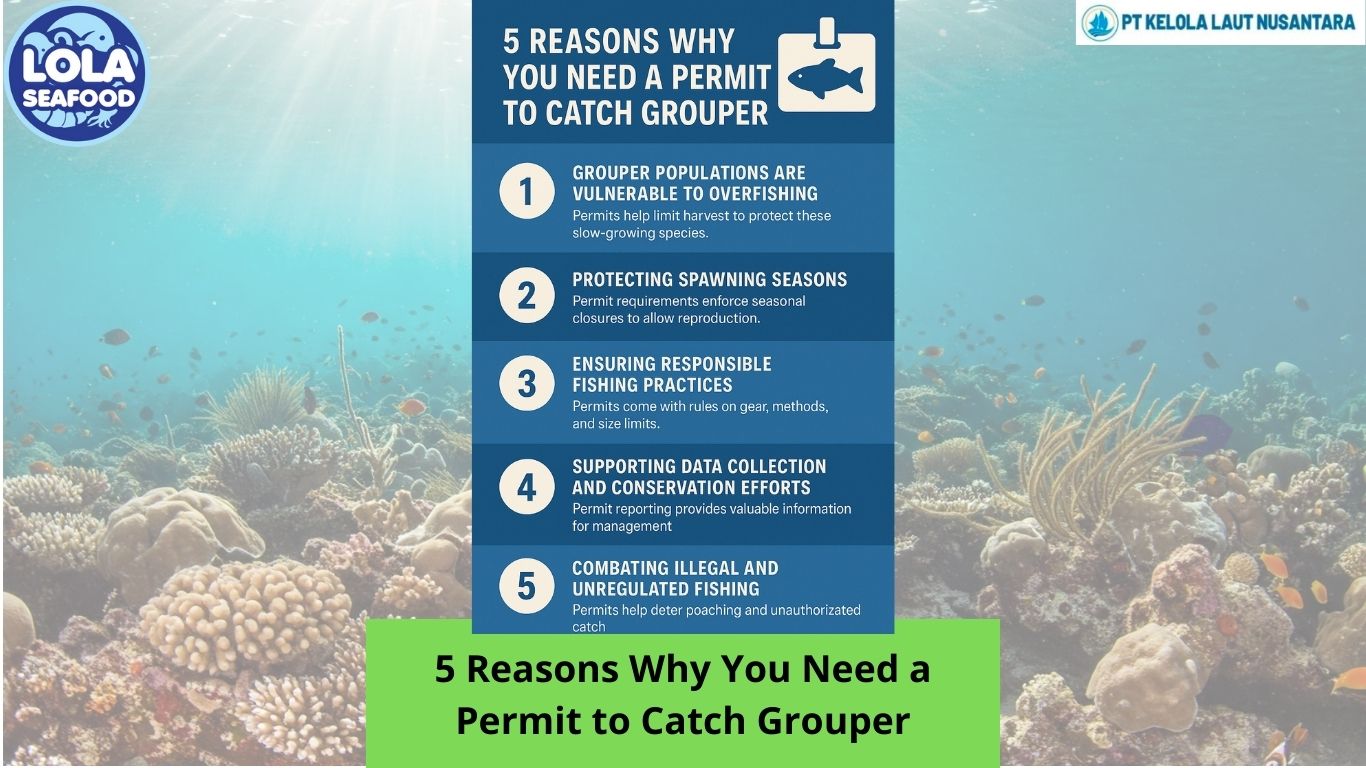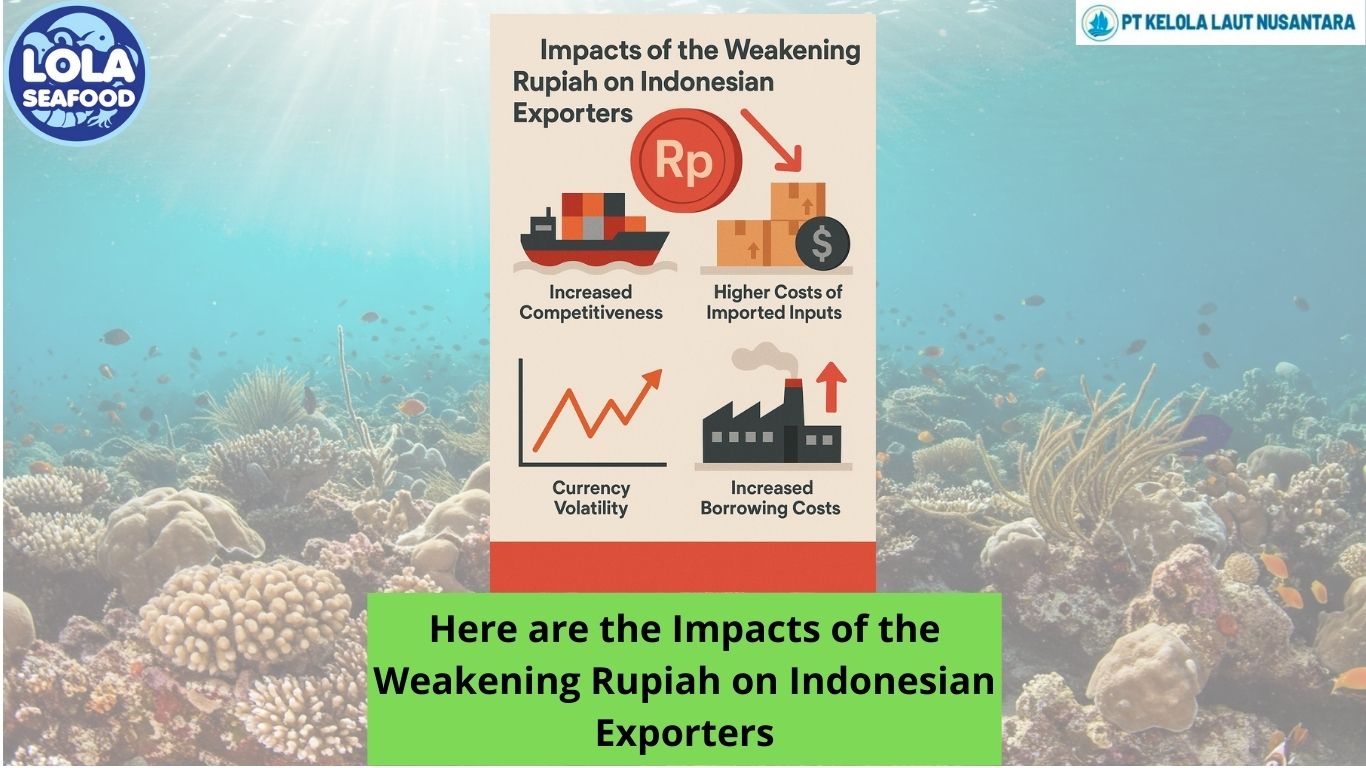12 Common Seafood Poisoning Symptoms
By. Nevanda - 02 May 2023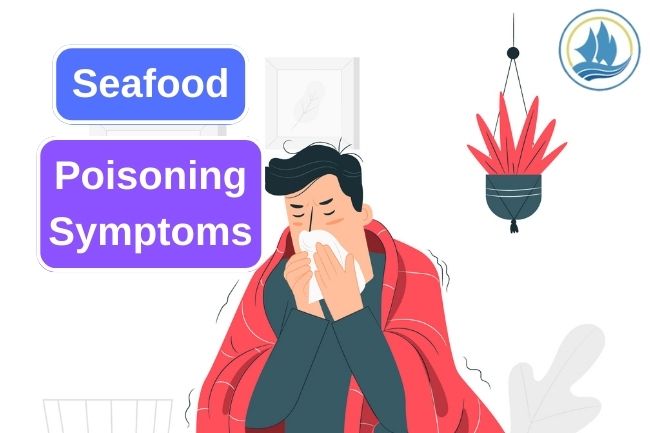
kelolalaut.com - Seafood poisoning can cause a variety of symptoms, depending on the type of toxin or bacteria present in the contaminated seafood. Some common symptoms of seafood poisoning include:
- Nausea
- Vomiting
- Diarrhea
- Abdominal cramps
- Fever
- Chills
- Headache
- Dizziness
- Weakness
- Tingling or numbness in the extremities
- Difficulty breathing
- Rash
The duration of seafood poisoning reaction can vary depending on the type of toxin or bacteria present in the contaminated seafood, as well as the individual's immune system and overall health. In some cases, symptoms may appear within a few hours of consuming contaminated seafood, while in other cases, symptoms may take several days to appear.
Generally, the symptoms of seafood poisoning can last anywhere from a few hours to several days. Mild cases of seafood poisoning may resolve on their own within a few days, while more severe cases may require medical treatment.
If you suspect that you or someone else is suffering from seafood poisoning, it is important to seek medical attention as soon as possible. In the meantime, there are a few things you can do to alleviate some of the symptoms of common seafood poisoning:
1. Remove the source of contamination
If the seafood was not properly cooked, remove any remaining portions of the food to prevent further exposure to the toxin.
2. Stay hydrated
Drink plenty of fluids to prevent dehydration caused by vomiting and diarrhea.
3. Rest
Get plenty of rest to help your body recover from the illness.
4. Take medication
Over-the-counter medications such as anti-nausea or anti-diarrheal medications may help alleviate symptoms. However, it is important to consult with a healthcare professional before taking any medication.
5. Seek medical attention
If you experience severe symptoms, such as difficulty breathing or a high fever, seek immediate medical attention.
It is important to remember that seafood poisoning can be serious, and seeking prompt medical attention is crucial. Do not attempt to treat severe symptoms on your own, and always follow the advice of a healthcare professional.
Read also: These 6 Fish Are Excellent Source of Omega 3
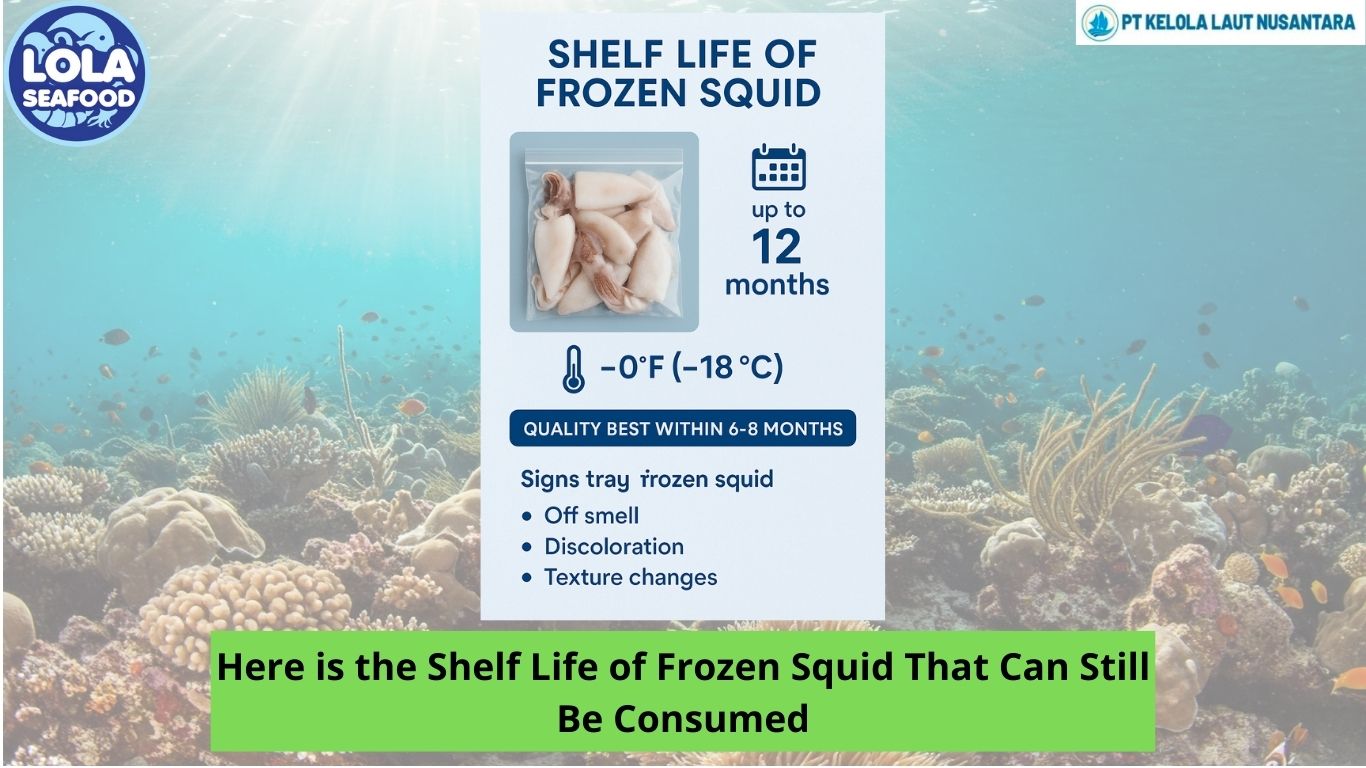
.jpg)
.jpg)
.jpg)
